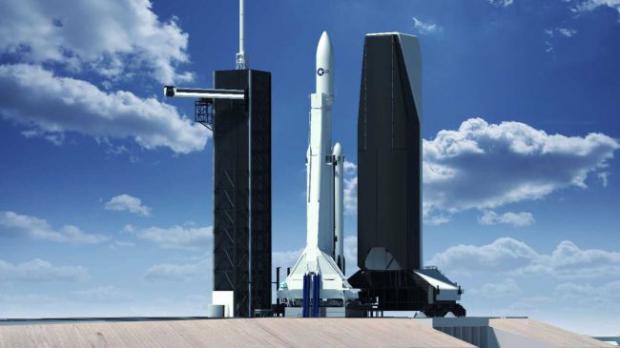
Breaking News
 China's Nightmarish New Bio Weapon Targets Race and Ethnicity
China's Nightmarish New Bio Weapon Targets Race and Ethnicity
 The Epstein Files Just EXPOSED the AI Mind Control Agenda (2026 Warning)
The Epstein Files Just EXPOSED the AI Mind Control Agenda (2026 Warning)
 Maxwell offers testimony if granted Trump clemency
Maxwell offers testimony if granted Trump clemency
 How RFK Jr's Guidelines Could Change Farming - Joel Salatin
How RFK Jr's Guidelines Could Change Farming - Joel Salatin
Top Tech News
 SpaceX Authorized to Increase High Speed Internet Download Speeds 5X Through 2026
SpaceX Authorized to Increase High Speed Internet Download Speeds 5X Through 2026
 Space AI is the Key to the Technological Singularity
Space AI is the Key to the Technological Singularity
 Velocitor X-1 eVTOL could be beating the traffic in just a year
Velocitor X-1 eVTOL could be beating the traffic in just a year
 Starlink smasher? China claims world's best high-powered microwave weapon
Starlink smasher? China claims world's best high-powered microwave weapon
 Wood scraps turn 'useless' desert sand into concrete
Wood scraps turn 'useless' desert sand into concrete
 Let's Do a Detailed Review of Zorin -- Is This Good for Ex-Windows Users?
Let's Do a Detailed Review of Zorin -- Is This Good for Ex-Windows Users?
 The World's First Sodium-Ion Battery EV Is A Winter Range Monster
The World's First Sodium-Ion Battery EV Is A Winter Range Monster
 China's CATL 5C Battery Breakthrough will Make Most Combustion Engine Vehicles OBSOLETE
China's CATL 5C Battery Breakthrough will Make Most Combustion Engine Vehicles OBSOLETE
 Study Shows Vaporizing E-Waste Makes it Easy to Recover Precious Metals at 13-Times Lower Costs
Study Shows Vaporizing E-Waste Makes it Easy to Recover Precious Metals at 13-Times Lower Costs
SpaceX aims to launch 70 missions a year from Florida's Space Coast by 2023

SpaceX is planning a huge boost to the number of rocket launches from its Florida launch sites in the next few years as the company builds its Starlink satellite megaconstellation while meeting flight demands from its customers, according to a federal environmental report.
The missions for SpaceX's Falcon 9 and Falcon Heavy rockets will also have more options than in the past, according to the report, which was first reported by SpaceNews. One change will be a new mobile service tower allowing some missions to be assembled vertically, rather than horizontally. Another will be the capability to launch to polar orbits — quite the feat, since Florida is located close to the equator and better optimized for missions that operate close to the equator. SpaceX also plans to test recovering payload fairings as the company pushes for greater mission reusability.
By 2023, the company wants to launch 70 missions a year from its two Florida launch sites at the Kennedy Space Center and nearby Cape Canaveral Air Force Station, using Falcon 9 and Falcon Heavy rockets. This rate is a seven-fold increase from the 11 missions SpaceX put into orbit in 2019, and almost double the 38 planned launches in 2020. That information comes from a draft environmental assessment published Thursday (Feb. 27) by the Federal Aviation Administration's Office of Commercial Space Transportation.

 Smart dust technology...
Smart dust technology...

